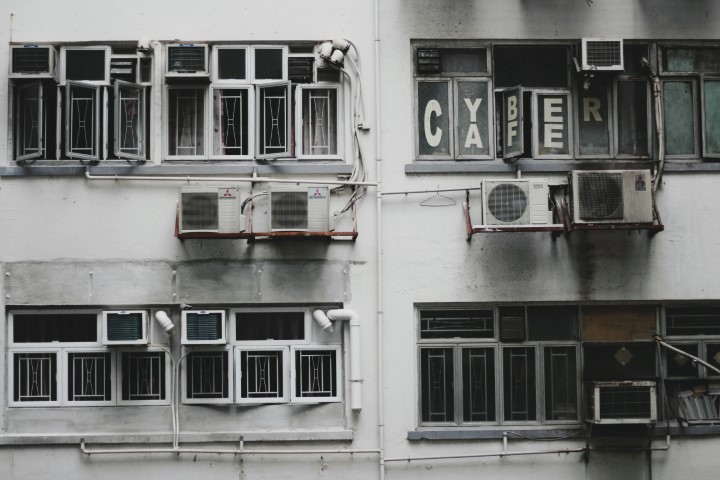
Modern homes and buildings have air conditioning. During the summer, shops and workplaces often crank up the AC. Unfortunately, most of the power used for HVAC systems comes from fossil fuels, which contribute to global warming.
Air conditioners aid in hot summers, yet the air-conditioner business contributes significantly to global energy consumption.
Heat removal cools rooms via heat transfer, where refrigerants in contact with a surface absorb heat when they evaporate from liquid to gas, cooling the indoor air.
Indoor pollution from homes and businesses must also be considered. For example, air conditioners can pollute indoor air, so it makes sense to use the expertise of Phoenix AC replacement professionals to get the best advice.
How Do Air Conditioning Systems Pollute?
Air conditioners are energy hungry. Demand for energy increases, leading to increasing pollution, especially greenhouse gases. Greenhouse gas concentrations are rising, causing global warming and climate change.
Especially when fossil fuels are burned to generate power, releasing carbon dioxide and methane; these are the most common greenhouse gases; therefore, power plants contribute to global warming.
CO2 depletes ozone and threatens the ozone layer, which helps screen cancer-causing solar radiation. Depleting this protective layer could cause skin cancer, cataracts, and genetic and immune system harm.
Carbon monoxide is highly poisonous and can impair the CNS and heart. In addition, it produces long-lasting headaches, dizziness, nausea, and vomiting.
Old ACs use R-22, a chlorofluorocarbon. Unfortunately, this refrigerant contributes to ozone depletion, and since the late 80s, there have been regulations to prevent ozone depletion.
In response to Ozone Depletion concerns, many manufacturers produce air conditioners without powerful refrigerants such as R-22.
Rescue One Air has a range of suitable products for Pheonix AC replacement.
Dirty Ductwork
Dust and particles come into homes through air conditioner ventilation systems. In addition, high pressure draws in dust, pollen, and other irritants, which can also attract bugs to bedrooms that induce allergies and illnesses.
Mold and mildew can grow in dirty ducts, which is harmful to anyone with allergies or people living with asthma. In addition, bacteria can thrive in ducts, causing diseases and smells. This pollutes indoor air and requires professional cleaning and air treatments.
Clogged Filters and Regular Phoenix AC Maintenance
Regularly clean AC filters. It's vital. Too-dirty filters can't clean the air correctly. Instead, they clog and exacerbate unit components by trapping more dust, pollen, and allergens.
A dirty filter can't do its job. More dust or pollen can provoke allergic or asthmatic symptoms.
Poor filters might release allergens that cause respiratory issues. If filters were maintained, indoor air would be cleaner.
Get Help With Phoenix AC Replacement To Be Eco Friendly
Heat pumps, window units, and solar-powered ACs are alternatives. These solutions can save money and deliver the same performance as air conditioning at a cheaper cost and smaller carbon footprint.
A properly fitted and maintained air conditioner will chill, clean, and reduce energy use. We install, repair, and service air conditioners in Mesa, AZ.
There are reasons Rescue One Air is the top AC provider in the region. Contact Rescue One Air, or you can complete the minor form below for a fast response.
You can check out our customer reviews or browse through the Rescue One Air video library to see our AC repair crews in action for further information.

